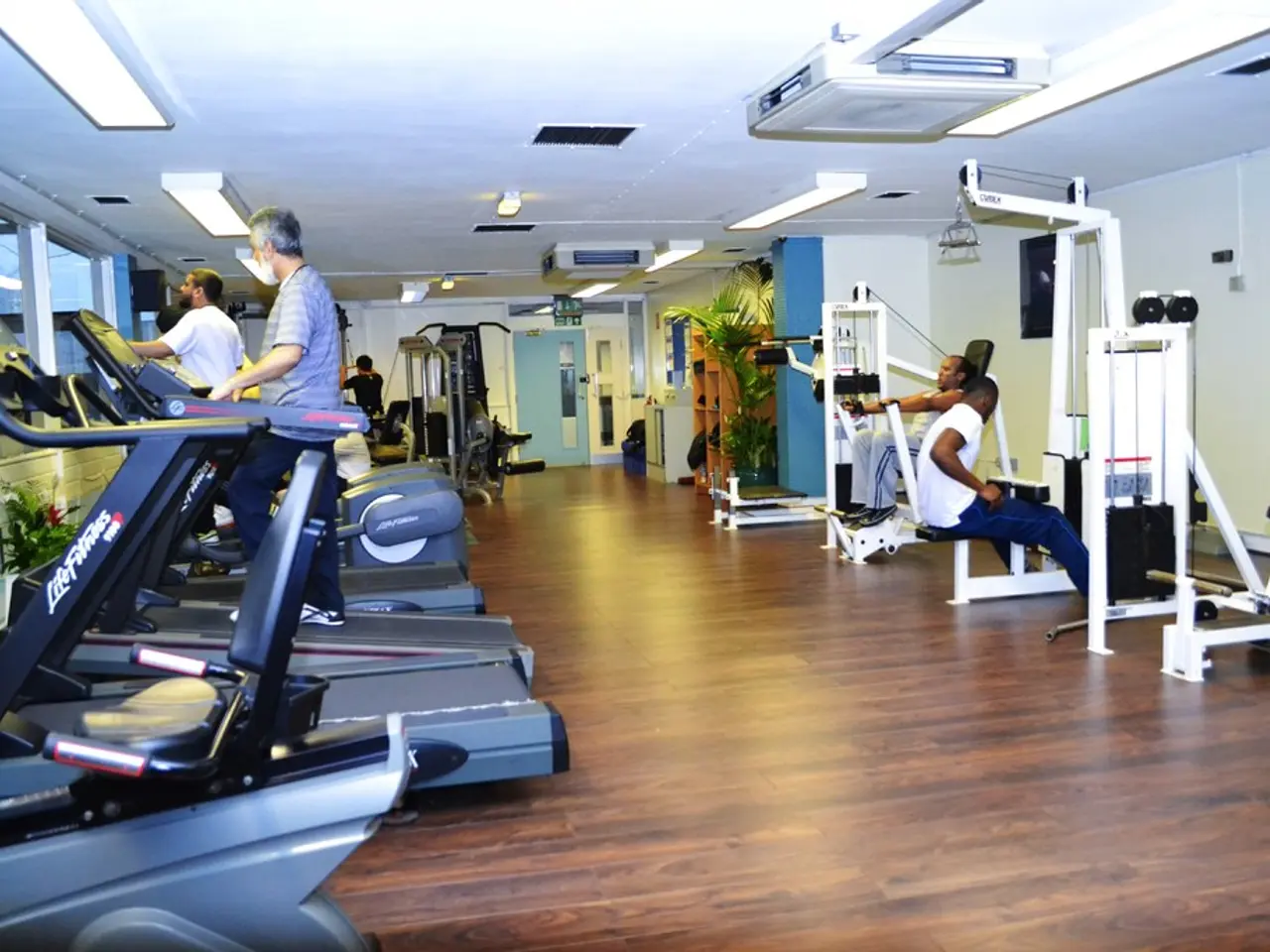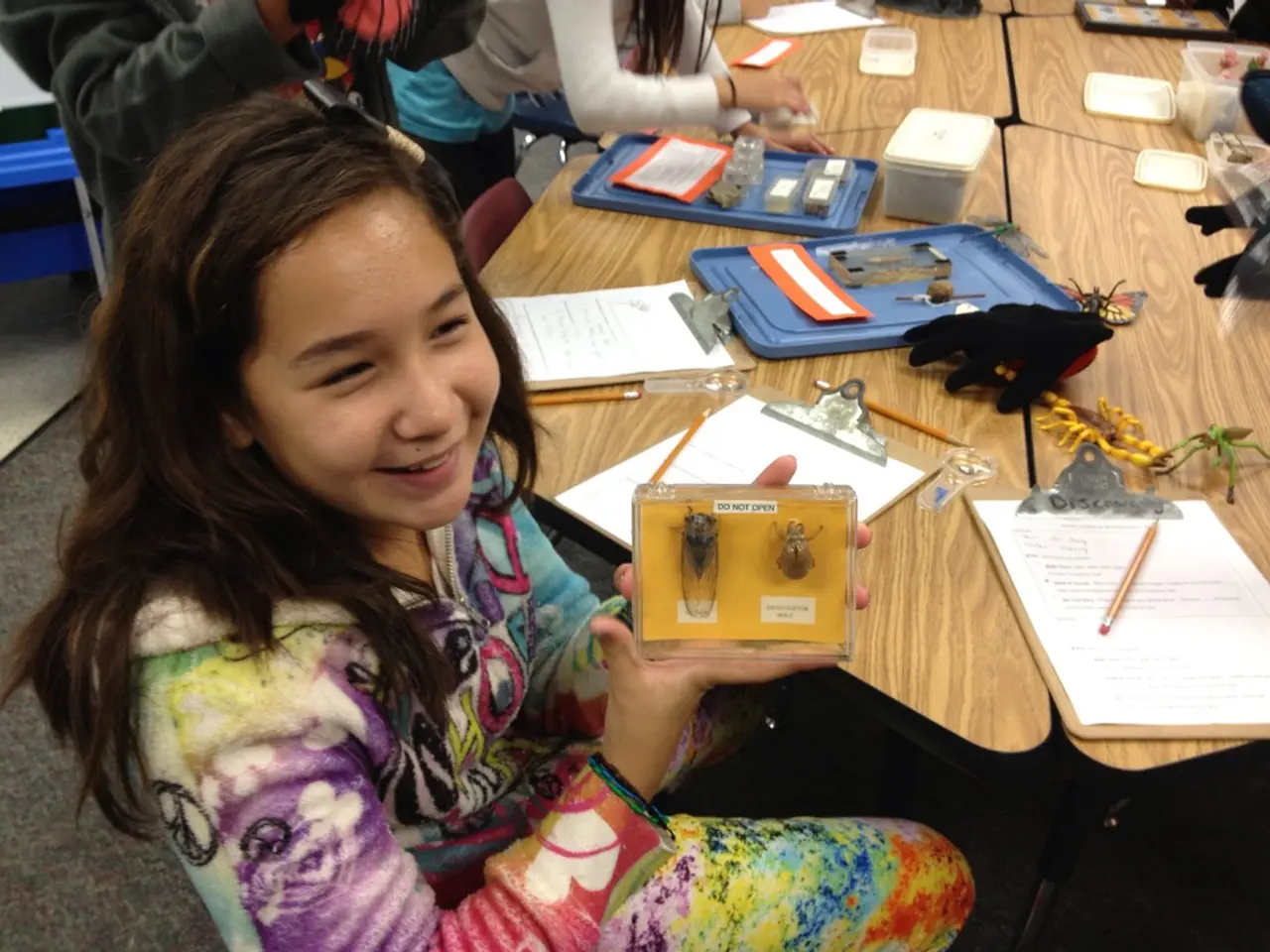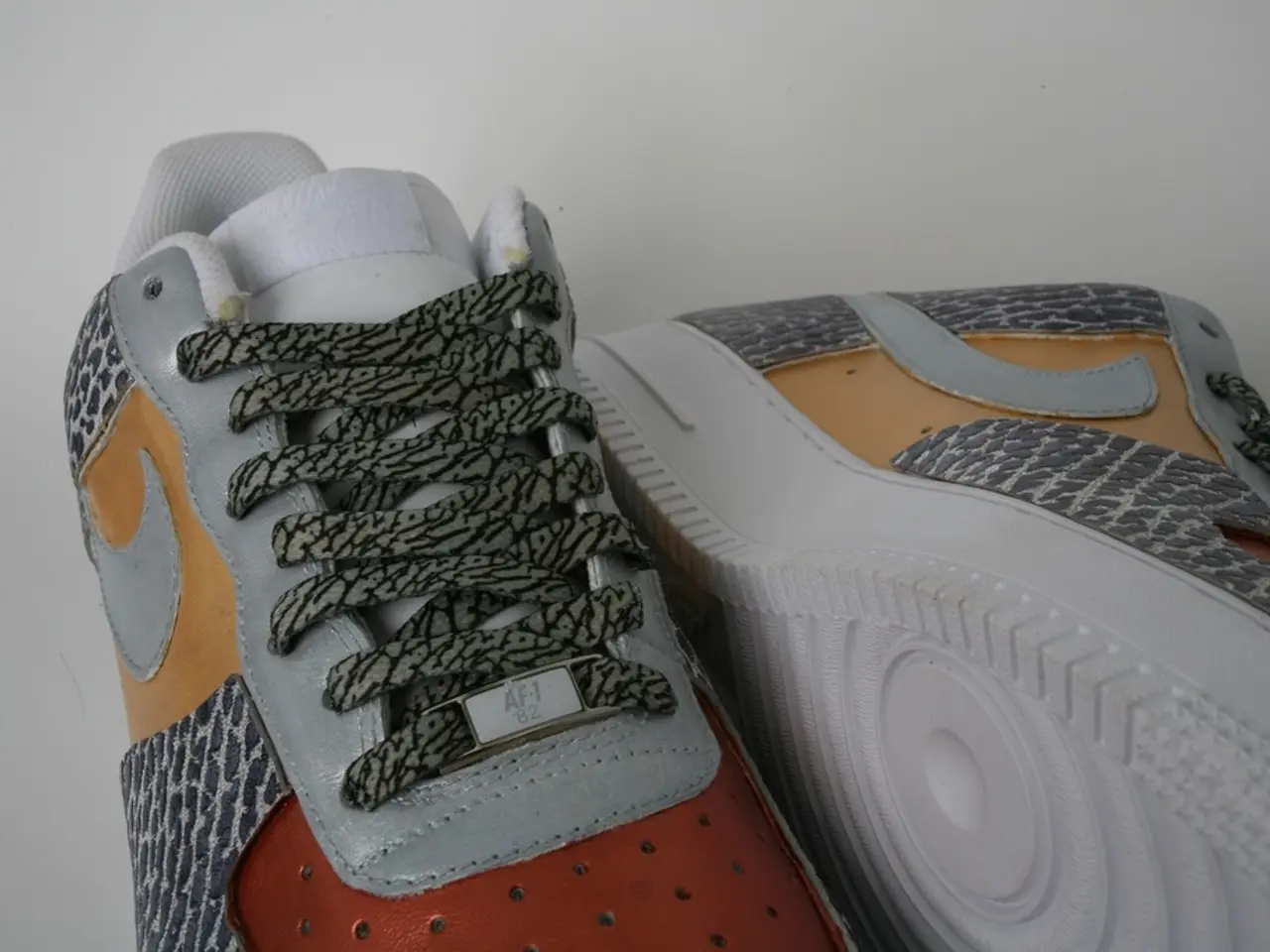Rapid Swelling Reduction in the Knee: Techniques and When to Seek Assistance
Swelling in the knee can be a concerning symptom, often caused by injuries, overuse, or chronic conditions. This article aims to provide an overview of the common causes and effective home remedies for knee swelling, as well as professional treatments.
One of the most common causes of knee swelling is injuries, such as ligament tears (like ACL or MCL injuries) or meniscus injuries, or a direct blow to the knee. Overuse, repetitive stress, and strain on the knee joint can also lead to swelling.
Chronic conditions, such as osteoarthritis and bursitis, can cause swelling due to the breakdown of cartilage or inflammation of the bursae, respectively. Meniscus tears can also lead to swelling and pain.
Home remedies can help alleviate knee swelling by reducing inflammation and promoting healing. Soaking in a warm bath with Epsom salt can help reduce inflammation and relieve pain, as the magnesium in Epsom salt aids in reducing swelling. Dandelion leaves, known for their anti-inflammatory properties, can help reduce swelling and pain when used as a tea. Lemon juice, containing citric acid, can help dissolve uric acid crystals that form during arthritis, potentially reducing swelling. Applying an ice pack to the affected area can help reduce swelling and pain by constricting blood vessels.
Professional treatments, such as physical therapy, medications, surgery, and steroid injections, aim to address the underlying cause and promote healing. Physical therapy helps improve joint mobility and strength, reducing discomfort. Anti-inflammatory medications or pain relievers may be prescribed to manage symptoms. In severe cases of injuries or chronic conditions, surgery may be necessary to repair damaged structures. Steroid injections can reduce swelling and inflammation in the knee joint.
It's essential to consult a healthcare professional to determine the best treatment plan based on the specific cause of the swelling. Resting, applying ice, elevating the knee, taking anti-inflammatory medications, massages, and gentle exercises can also help reduce swelling at home.
By understanding the common causes and effective home remedies for knee swelling, individuals can take proactive steps towards managing this symptom and promoting healing. Consulting a healthcare professional is crucial to ensure a comprehensive and personalised treatment plan.
- Besides injuries, chronic conditions such as osteoarthritis, bursitis, ankylosing spondylitis, and infectious arthritis like Reactive Arthritis can also cause knee swelling.
- Home remedies can provide relief from knee swelling, with soaking in a warm Epsom salt bath reducing inflammation, dandelion leaves reducing swelling and pain as a tea, and lemon juice helping to dissolve uric acid crystals in arthritis.
- In addition to home remedies, science has developed numerous medical-conditions treatments like physical therapy, medications, surgeries, and therapies-and-treatments such as steroid injections to address the root cause and promote healing.
- Predictive science helps in understanding the progression of medical-conditions related to knee swelling, such as diabetes or hepatitis, which might require specialized treatments or health-and-wellness management strategies.
- For diseases like Alzheimer's and psoriasis, while not directly linked to knee swelling, maintaining fitness-and-exercise and a healthy lifestyle is essential for overall well-being and symptom management.
- Consulting a healthcare professional for a personalized treatment plan is crucial when experiencing knee swelling due to various medical-conditions or a need for additional therapies-and-treatments like insulin for diabetes or antiviral medication for hepatitis.
- By proactively understanding common causes and effective home remedies for knee swelling, individuals can take charge of health-and-wellness and reduce the impact of these medical-conditions on their daily lives.
- When adhering to a treatment plan, never neglect regular exercise and a balanced diet as part of a holistic approach for maintaining joint health and managing symptoms in the long-term.




